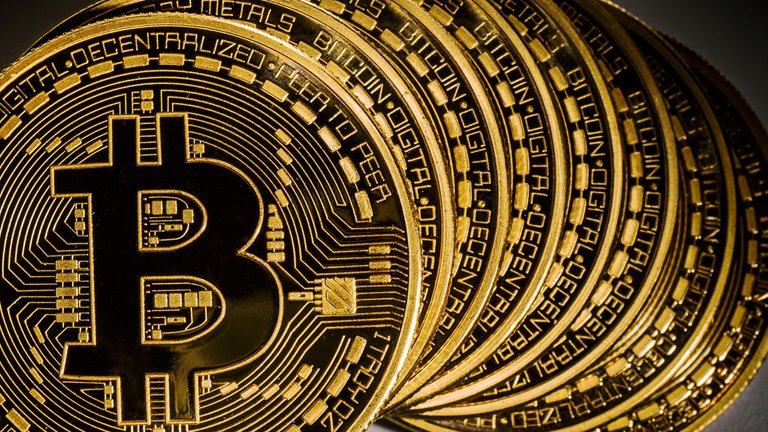
I think even there he was wrong, unless of course in a trivial way: EVERY monetary asset ultimately fades away. The only question is: over what time scale ? 10 years ? 50 years ? 500 years ? The only monetary assets that have a millennia-long history of store of value are gold and to a lesser extend, silver, and some precious stones. But even precious stones are not eternal. Obsidian used to be one of the most valuable precious stones in early civilisations, for millennia. Now, it is very secondary. Diamonds are now considered precious. 1000 years ago, they weren't.
But no human-created monetary belief system beyond these have ever stood the test of time. So ultimately, bitcoin will be worthless. The question is only: when ? 10 years from now ? 50 years from now ? 500 years from now ?
Before that time, bitcoin will be worth something. And no, it will NEVER be the "money of the world". Nothing ever is. Even the dollar is not "the money of the world" although it came close during a few decades after WW II. The dollar is NOT backing China's economy, Europe's economy. It is essentially the currency of petrol.
So, apart from the obvious "sooner or later bitcoin will go to 0", bitcoin will not be zero, nor everything. It will find its niche, until it is replaced, which can take quite some time. Like all money.
Of course, at a future point in time, one may ask whether some or other cryptomonetary system that has some roots in bitcoin and is more successful, "is" bitcoin, even if one wouldn't recognize it as such.
A realistic view. But for now Bitcoin is first and pure. It will go a long way.